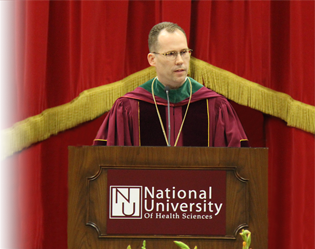History Timeline
1906
1908
1919
1926
1945
1963
1972
1978
1984
1986
1999
2000
2005
2006
2009
2013
Year Menu
THROUGH THE YEARS
NINETEEN O’SIX
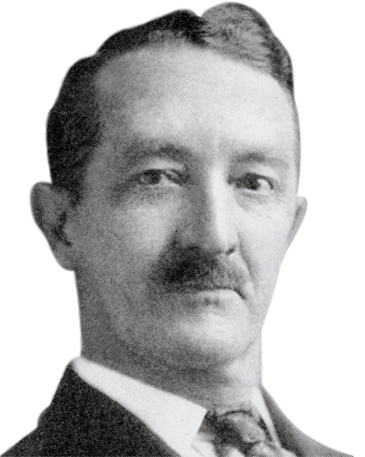
National School of Chiropractic Founded in Davenport, Iowa, by John Fitz Alan Howard, DC.
Dr. Howard and young B.J. Palmer clash over their philosophies. So, Dr. Howard, with the blessing of D.D. Palmer, founds the National School to provide a science-based, broad scope approach to chiropractic.
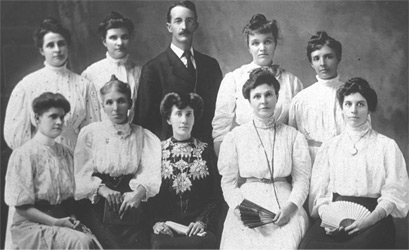
NINETEEN O’EIGHT
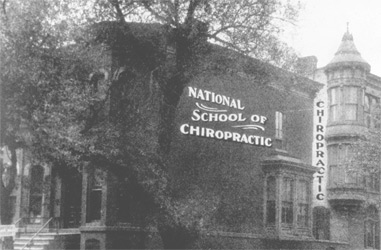
The school moves to Chicago and becomes the first to use a human dissection laboratory in chiropractic education.
National School of Chiropractic opens at 1732 W. Congress, a block away from Cook County Hospital. The hospital admits National students into their diagnostic clinics and pathology labs.
Dr. Howard retires as president in 1919.
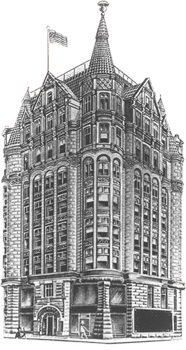
NINETEEN NINETEEN
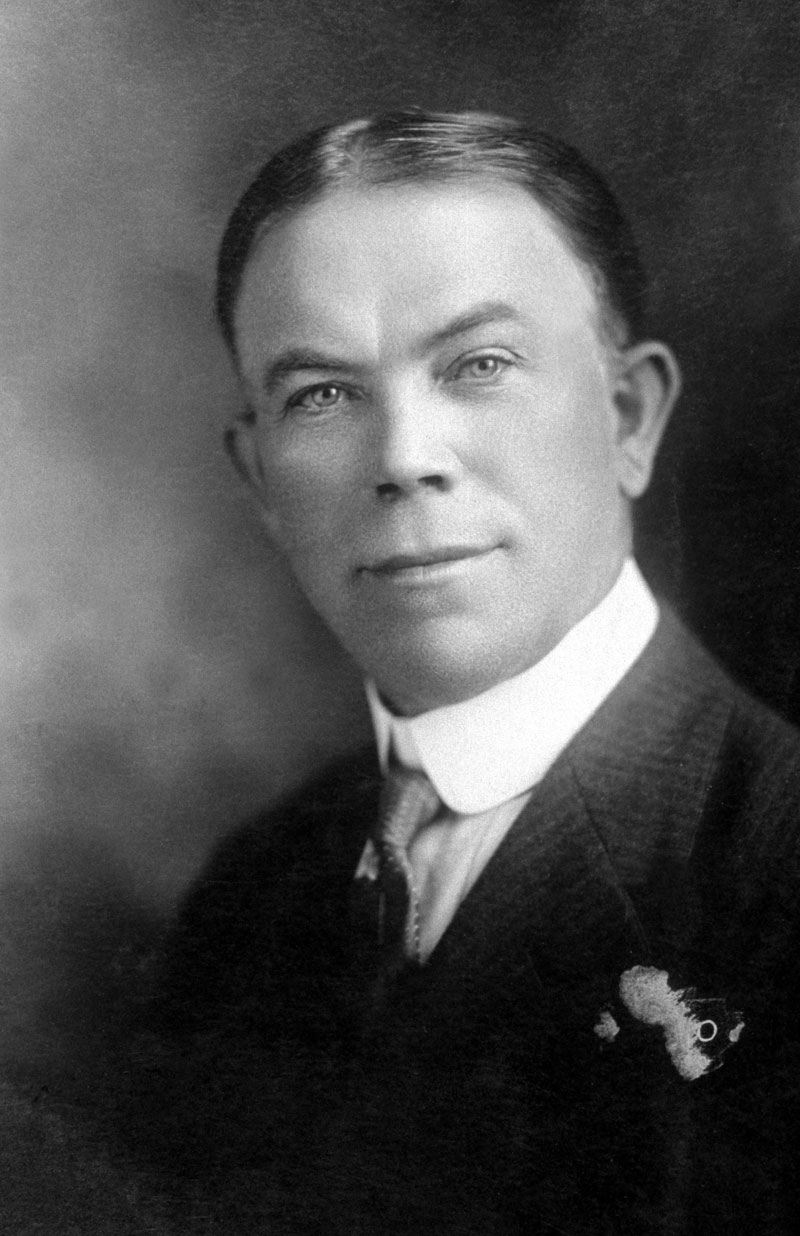
School enlarges facilities and changes name to the National College of Chiropractic.
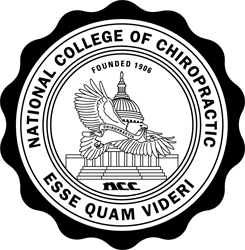
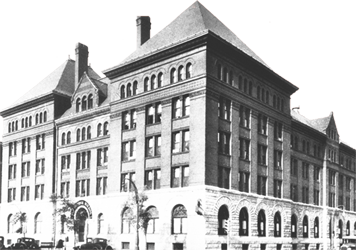
Dr. Schulze moves the campus to 20 N. Ashland Blvd., where it calls home for the next 43 years. The new location offers more labs, clinical facilities, a dormitory, and recreational space.
NINETEEN TWENTY-SIX
Absorbs Lindlahr College of Natural Therapeutics and offers degree program in naturopathy (natural therapeutics) until 1952.
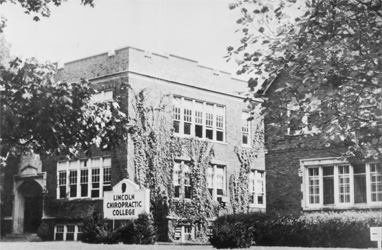
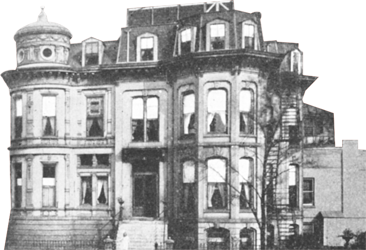
National is the trustee and curator of records for several former chiropractic and healing arts colleges that have closed their doors over time, including Lincoln Chiropractic College and the New York School of Chiropractic.
NINETEEN FORTY-FIVE
Joseph Janse, DC (NCC class of ’38) is chosen as National’s fourth president, and begins his legacy in leading chiropractic education toward full accreditation.
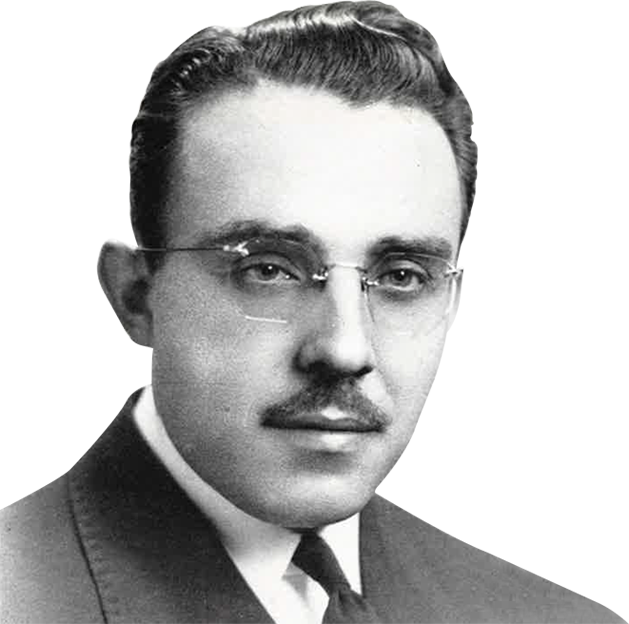
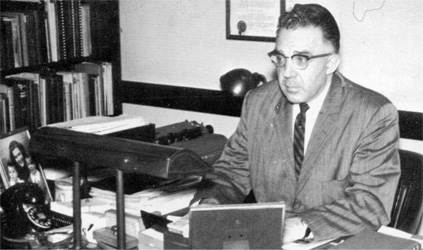
Dr. Janse serves as president of NCC for nearly four decades, advancing the field of chiropractic medicine academically, socially, philosophically, and politically.
National becomes the first chiropractic school to acquire regional, state, and professional accreditation.
NINETEEN SIXTY-THREE
Opens its new campus, specifically designed for chiropractic education, on a 20-acre parcel in the Village of Lombard.
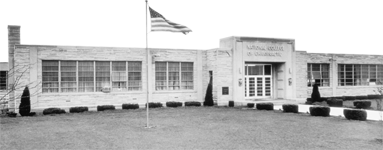

The college’s first building, now named Janse Hall, housed three lecture halls, a gross anatomy laboratory, five additional labs, a library, and a public clinic.
Today, the Lombard campus boasts 9 buildings and spans over 32 acres.
NINETEEN SEVENTY-TWO
First educational institution in the U.S. to receive state government authorization to offer acupuncture education.
Before President Nixon opened diplomatic doors to China in 1972, National had already begun acupuncture research and education.
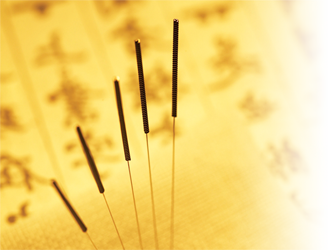
NINETEEN SEVENTY-EIGHT
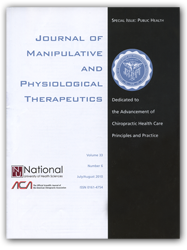
Publishes the first scientific journal for the chiropractic profession—the Journal of Manipulative and Physiological Therapeutics.
Today, National University publishes three peer-reviewed and medically-indexed journals for the chiropractic profession:
• Journal of Manipulative and Physiological Therapeutics
• Journal of Chiropractic Medicine
• Journal of Chiropractic Humanities
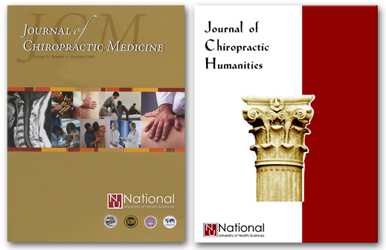
NINETEEN EIGHTY-FOUR
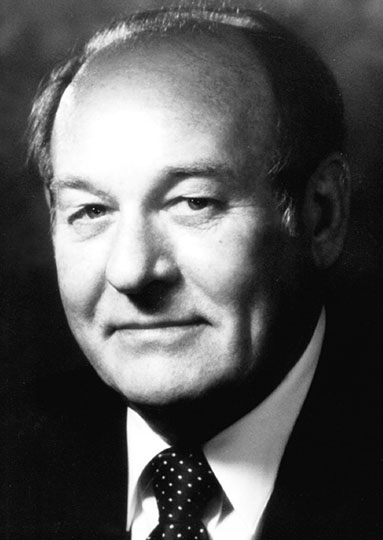
Lee E. Arnold, DC , is inaugurated as president. During his short tenure, he bridged the gap between two long serving presidents and made a significant impact to expand the campus by purchasing a facility that is still in use today to house academic programs.
NINETEEN EIGHTY-SIX
James F. Winterstein, DC (NCC class of ’68) is inaugurated as president of NCC, and begins his legacy as a leading champion of primary care chiropractic medicine.
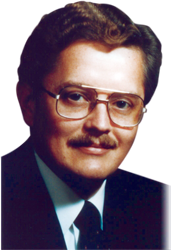
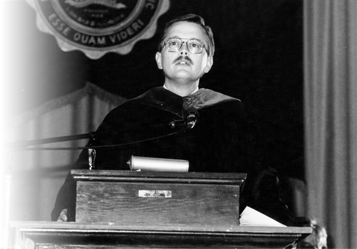
Authoring hundreds of articles, serving as expert witness in the historic Wilkes vs. AMA trial, and winning National its current designation as a Class I medical school for state funding purposes, Dr. Winterstein leads National for the next 27 years through the many program expansions that define the University today.
NINETEEN NINETY-NINE
Adds a new massage therapy program featuring graduate level faculty. It is one of the few to use human cadavers to study anatomy.

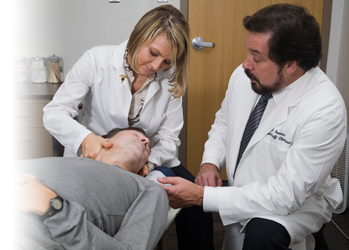
Becomes the only chiropractic school to require a baccalaureate degree for admission, thereby raising its academic standards to the highest in the profession.
National University also maintains the highest GPA and prerequisite requirements of any other DC program.
TWO THOUSAND

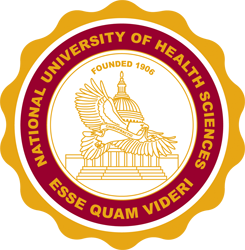
Changing from a college to a university structure laid the foundation to add undergraduate programs, multiple professional degrees, master’s degrees, and postgraduate education.
TWO THOUSAND AND FIVE
Adds Bachelor of Biomedical Science degree completion program featuring graduate level faculty and facilities.
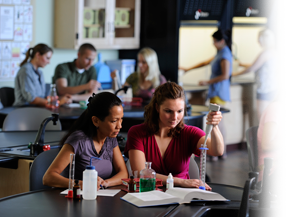
TWO THOUSAND AND SIX
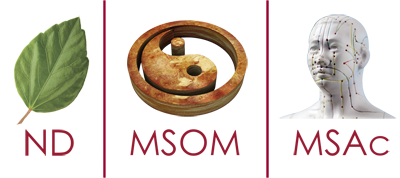
Celebrating a “Century of Excellence” since its founding in 1906, National University of Health Sciences launches additional programs:
• Doctor of Naturopathic Medicine (ND)
• Master of Science in Acupuncture (MSAc)
• Master of Science in Oriental Medicine (MSOM)
NUHS accepts its first classes in Fall 2006 for the ND, MSAc, and MSOM programs.
Also launches a master’s degree in diagnostic imaging and an associate of
applied science degree in massage therapy.

TWO THOUSAND AND NINE

NUHS opens a new site in St. Petersburg, Florida, offering the Doctor of Chiropractic degree.
First class starts in Fall 2009.
NUHS participates in a unique campus sharing program through the University Partnership Center at St. Petersburg College, and offers two clinics in the Tampa Bay area serving the students, staff, and faculty of St. Petersburg College and the community of Pinellas County.
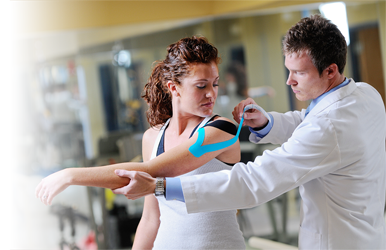
TWO THOUSAND AND THIRTEEN
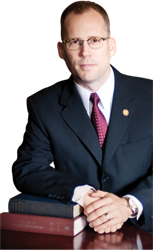
Joseph P.D. Stiefel, MS, EdD, DC (NUHS class of ’04) is inaugurated as sixth president of National University of Health Sciences.
The first graduate of National’s master of science in diagnostic imaging program, Dr. Stiefel serves on the university’s faculty before becoming the first dean of its Florida DC program. Under his leadership, the university continues to focus on broad scope primary care practice for professional degree programs, and deepens its committment to integrative medicine.
